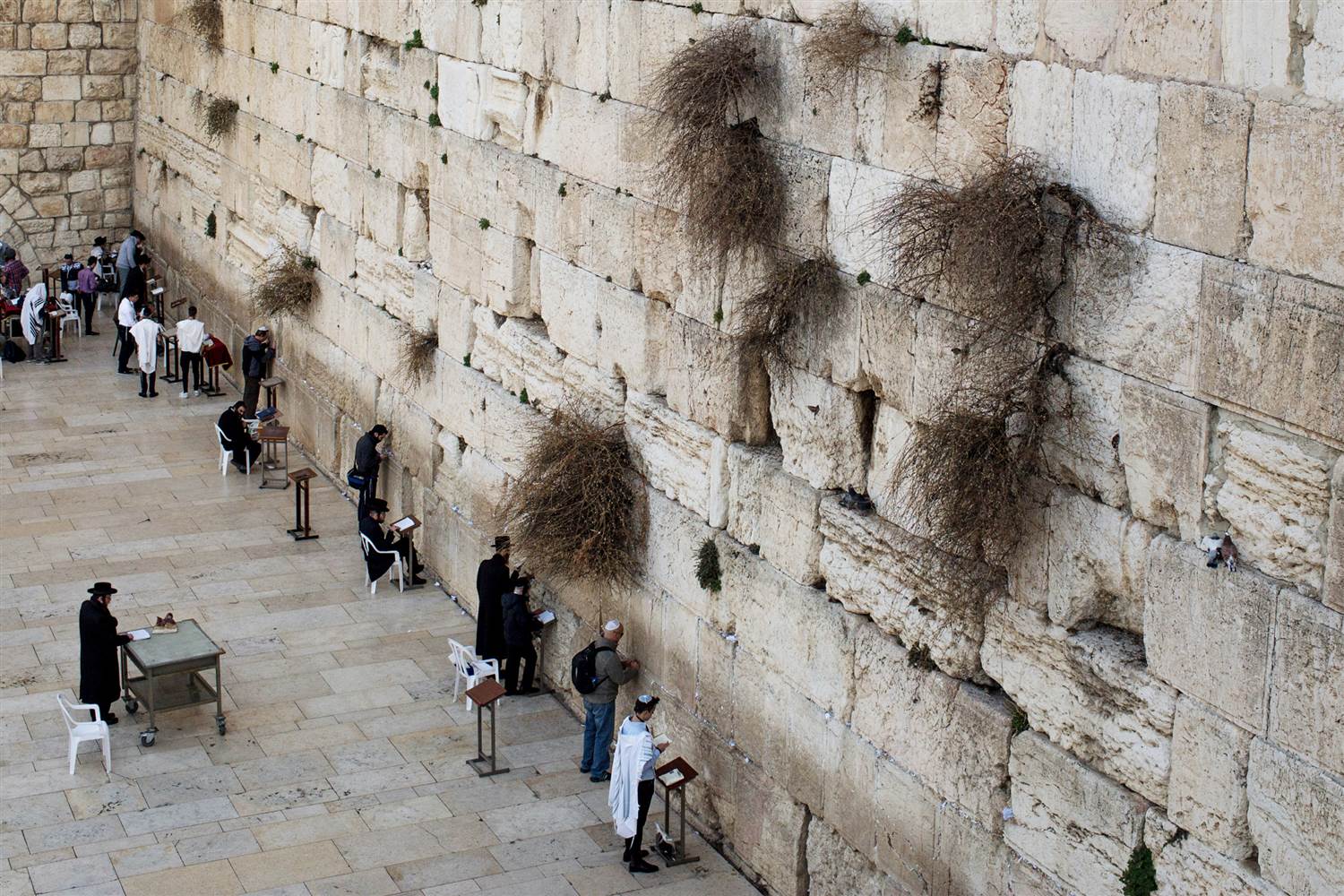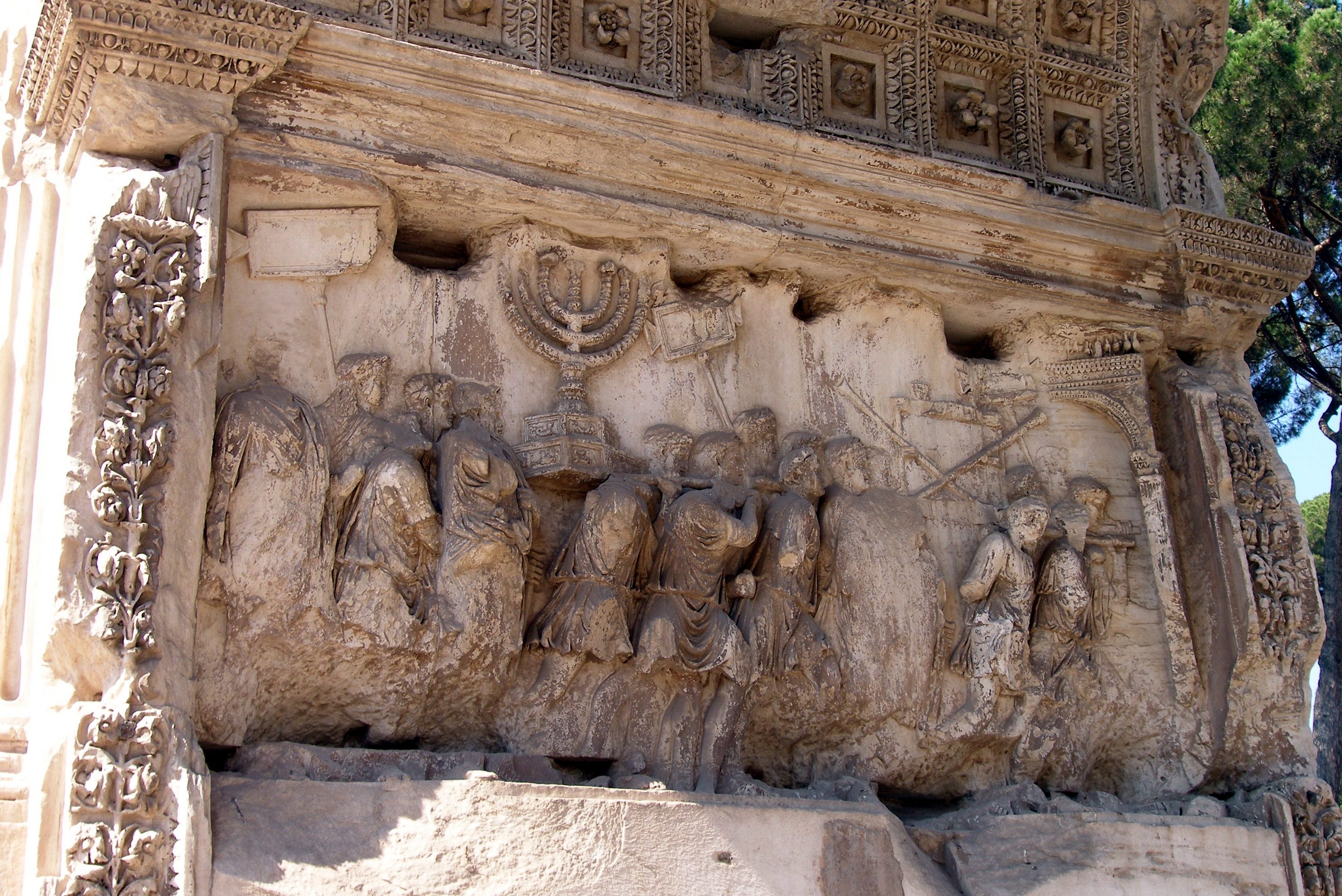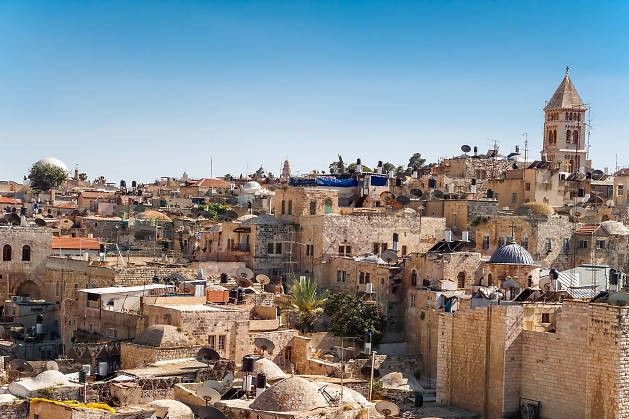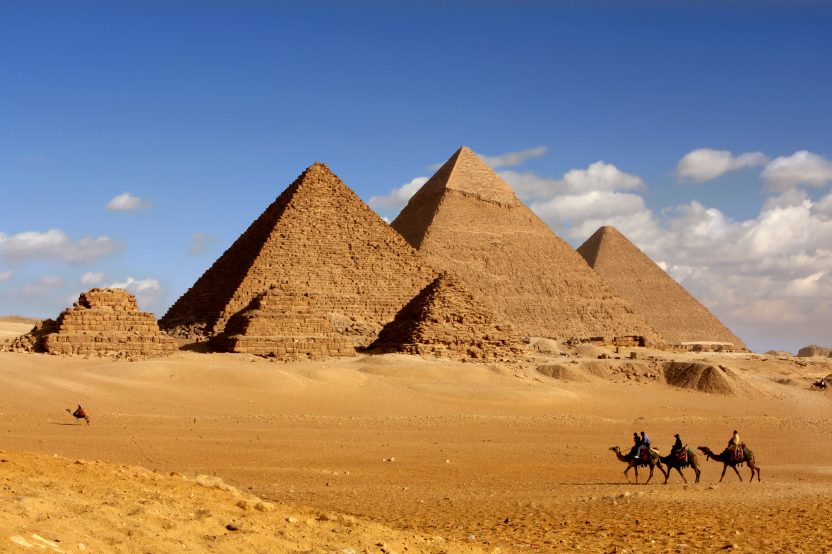The Deeper Messages of Asara B’Tevet
There is no break between Vayigash and Vayechi, Rashi describes it as a closed Parsha, because of the “closure” (emotional/spiritual) Bnei Yisrael felt when Yaakov died. Why describe the feeling as...
Asara B’teves in the Worldview of Rav Yonasan Eibeshutz
The Avudraham says that were Asarah B’Tevet to fall on Shabbos we would fast on Shabbos. Why does it warrant fasting even on Shabbos? Shiur provided courtesy of Torah Anytime
By Rabbi Daniel Glatstein
Re-Examining Asara B’Tevet in Light of the “Menorah” of...
Chanukah occurs during the 8 darkest days (the last days of the month) of the darkest month of the year. Why do they break ground on the Second Temple on the...
By Rabbi Menachem Leibtag
The Unique Halachic Status of Asara B’Tevet
In Zechariah the fast days are not connected to specific days but to specific months. Unlike the other fast days connected to the Churban, were Asara B’Tevet to fall on Shabbos...
By Rabbi Dr. Yitzchak Breitowitz
The Four Fasts, Then & Now
The Gemara in Maseches Rosh HaShana (18b) says that there are three categories regarding the four fasts (of Asarah b’Teves, Shiva Asar b’Tamuz, Tisha b’Av, and Tzom Gedaliah) : 1) when there is gezeiras malchus (persecution) all four fasts are obligatory...
By Rav Mosheh Twersky HY"D
The Four Fast Days and Sefer Zechariah
Why do we fast on Tisha B’av? The primary answer, of course, is to remember the destruction of the Bet HaMikdash and Yerushalayim. Yet, according to the Navi Zechariah, not only...
By Rabbi Menachem Leibtag
Blurring the Boundaries
2 reasons are given for the fast of Asarah B’Tevet: 1 – because the siege of Jerusalem began and 2 – because the Torah was translated. Why does the beginning of the...
By Rabbi Yochanan Bechhofer
The Translation of the Seventy
At the beginning of the period of the Second Beit Hamikdash, the Second Temple, the people of Israel lived under Persian dominion. After the fall of the Persian Empire, Greece inherited...
The Miracle of Translation
This task which Ptolemy imposed on the 72 Elders was beyond human capacity. The Torah was written so that its content might be open to a great variety of possible interpretations....
An All-Expenses Paid Vacation to Alexandria
To understand why the translation of the Torah into Greek was a cause for fasting, we need to understand the ramifications of having the Torah translated. An Analysis of the translation...









